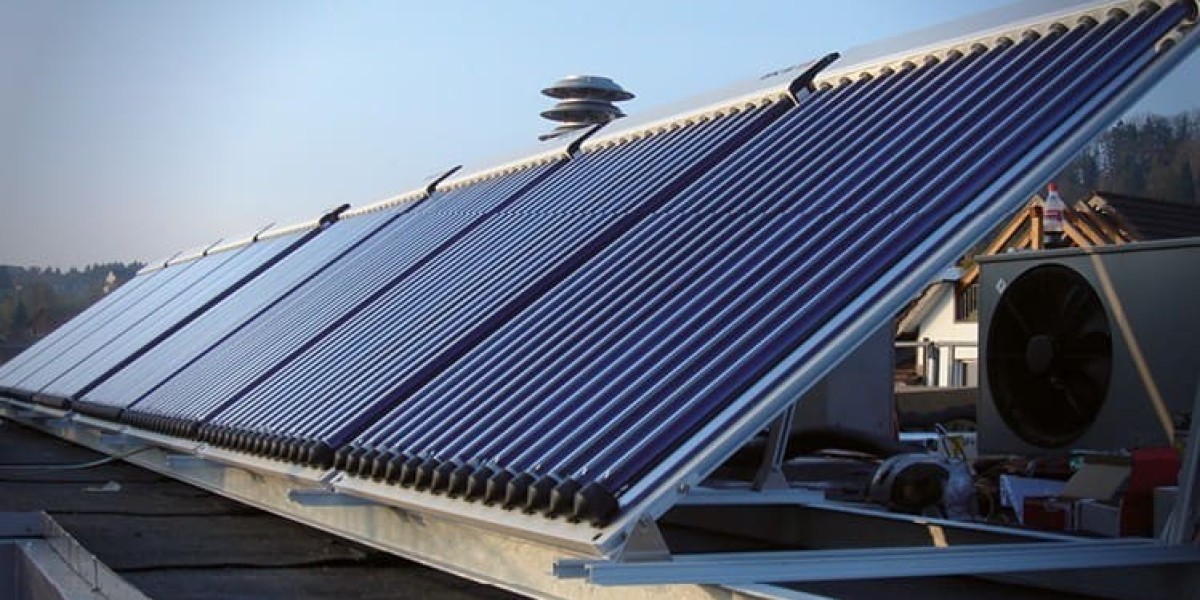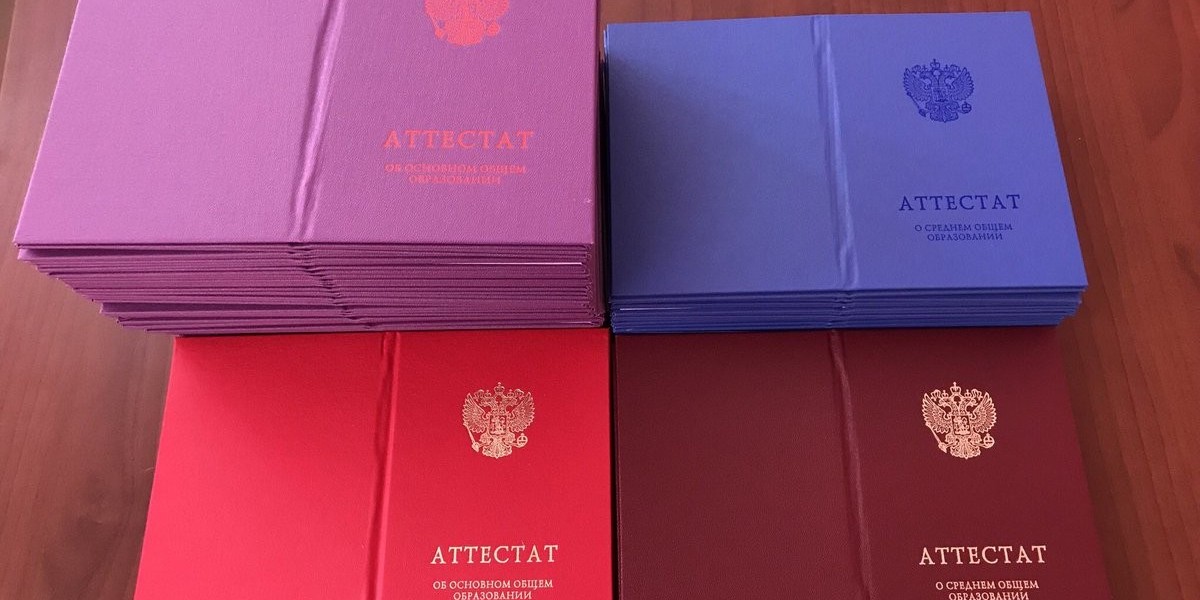In the ever-evolving world of renewable energy, solar thermal systems have become a cornerstone for harnessing the sun's energy for heating and power generation. These systems utilize solar collectors to capture sunlight and convert it into thermal energy. However, for solar thermal systems to function at their maximum potential, the materials used in their construction must be durable, efficient, and capable of withstanding extreme conditions. This is where specialized materials like Kovar Sheet come into play. Known for its unique properties, Kovar Sheet has become increasingly vital in improving the performance and longevity of solar thermal technologies. In this blog, we will explore the significance of Kovar Sheet in solar thermal applications, its benefits, and how it enhances the overall efficiency and durability of solar thermal systems.
Understanding Solar Thermal Systems
Solar thermal energy is one of the most effective ways to capture the sun's heat and convert it into usable energy. Unlike photovoltaic solar panels, which generate electricity, solar thermal systems use solar collectors to absorb sunlight and heat a fluid, which is then used for heating or powering turbines. These systems are widely used in residential heating, industrial applications, and even large-scale power plants.
The components of a solar thermal system are exposed to high temperatures and often fluctuating environmental conditions. For these systems to remain efficient over time, it is crucial that the materials used in the construction of the collectors, pipes, and other components are able to handle thermal stresses, corrosion, and temperature-induced expansions.
What is Kovar Sheet?
Kovar is a unique alloy primarily composed of iron, nickel, and cobalt. It is known for its exceptional thermal expansion properties, particularly its low coefficient of thermal expansion (CTE). This means that Kovar maintains its shape and dimensions even under temperature fluctuations, which is crucial in applications where precision and durability are paramount.
Kovar Sheet, as a flat form of this alloy, has proven to be an excellent material for a wide range of high-tech applications, including aerospace, electronics, and most notably, solar thermal systems. Its ability to expand and contract at nearly the same rate as glass makes it an ideal choice for sealing glass in high-temperature environments. Additionally, Kovar is highly resistant to corrosion, making it suitable for use in harsh environments, such as the high-temperature and high-pressure conditions found in solar thermal systems.
Why Kovar Sheet is Important for Solar Thermal Applications
- Thermal Expansion Compatibility
One of the primary challenges in solar thermal systems is the ability to handle temperature variations without compromising the integrity of the system. As the solar collectors absorb heat, they undergo significant thermal expansion. If the materials used in the collectors and other components expand at different rates, it can lead to mechanical stress, warping, and even failure.
Kovar Sheet, with its low coefficient of thermal expansion, ensures that it expands and contracts at nearly the same rate as other materials used in solar thermal systems, such as glass. This compatibility is especially important in the construction of seals between glass and metal components. By using Kovar Sheet, manufacturers can ensure that the materials maintain their structural integrity, even under extreme temperature fluctuations.
- Durability and Longevity
Solar thermal systems are designed to last for decades, often operating in harsh outdoor environments where they are exposed to the sun, rain, wind, and fluctuating temperatures. For a solar thermal system to be cost-effective, it must be able to withstand these environmental stressors without degrading in performance.
Kovar Sheet is highly resistant to corrosion, making it an ideal material for long-lasting performance in solar thermal systems. Whether exposed to high levels of moisture or harsh chemicals, Kovar Sheet retains its properties and doesn’t succumb to the damage that other materials might experience. This longevity is particularly important in solar thermal collectors, which are exposed to constant environmental stress and need to maintain their functionality over time.
- Strength and Stability at High Temperatures
Solar thermal systems operate at elevated temperatures, and the materials used in these systems must be able to withstand thermal stress without deforming. Kovar Sheet excels in this regard, offering excellent strength and stability even at high temperatures. Its ability to maintain its shape and structure under extreme heat ensures that solar thermal collectors and other components remain operational for many years without the need for frequent maintenance or replacements.
- Enhanced Efficiency in Sealing Applications
In solar thermal systems, the efficiency of the energy transfer between components is crucial for maximum performance. Kovar Sheet is commonly used in the sealing of glass in solar thermal collectors, due to its ability to expand and contract at the same rate as the glass. This feature prevents the formation of gaps or leaks in the seal, which could otherwise lead to energy loss or reduced efficiency.
By using Kovar Sheet in these sealing applications, manufacturers can improve the overall efficiency of solar thermal systems. This ensures that the heat captured by the solar collectors is effectively transferred to the fluid, maximizing energy output and reducing heat loss.
- Precision and Reliability in High-Tech Systems
Solar thermal systems, especially those used in large-scale applications such as solar power plants, require components that are highly precise and reliable. The materials used must not only perform well under extreme conditions but also meet stringent industry standards for quality and consistency.
Kovar Sheet offers high levels of precision, which is why it is frequently used in industries where reliability and accuracy are paramount. By incorporating Kovar Sheet into the construction of solar thermal systems, manufacturers can ensure that the components fit together perfectly and function seamlessly, improving both performance and reliability.
Applications of Kovar Sheet in Solar Thermal Systems
The primary application of Kovar Sheet in solar thermal systems is in the construction of solar thermal collectors, where it is used for sealing glass panels and other components. Its ability to withstand high temperatures, resist corrosion, and maintain structural integrity makes it ideal for use in these environments. Additionally, Kovar Sheet is used in high-performance components such as heat exchangers and fluid transfer pipes, where durability and heat resistance are crucial for maintaining system efficiency.
Conclusion
As the demand for renewable energy solutions continues to grow, the need for high-performance materials in solar thermal systems becomes more evident. Kovar Sheet, with its unique properties of low thermal expansion, high durability, and strength at elevated temperatures, plays a crucial role in advancing solar thermal technology. By ensuring that components can withstand the stresses of temperature fluctuations and environmental conditions, Kovar Sheet enhances the efficiency, reliability, and longevity of solar thermal systems. Its contribution to the development of durable, high-performance solar thermal technology makes it an indispensable material in the renewable energy sector.








